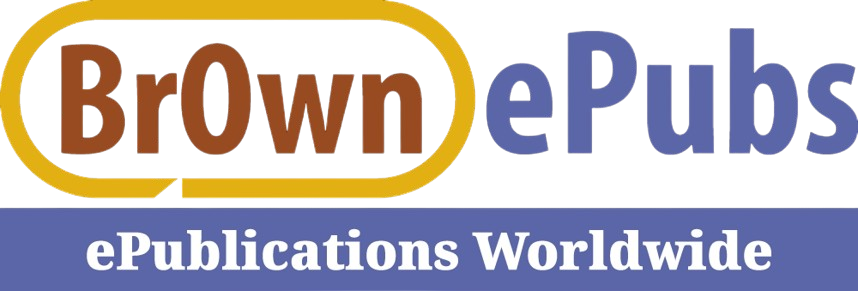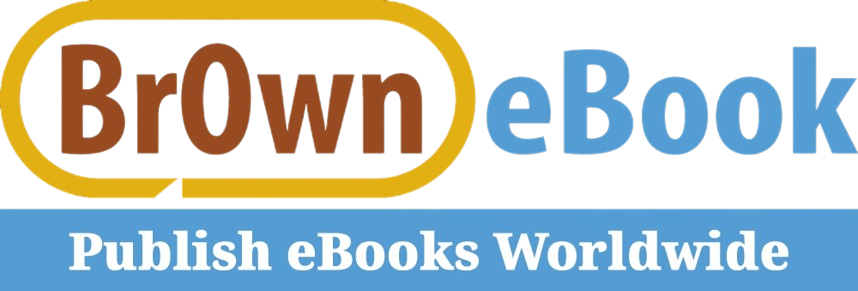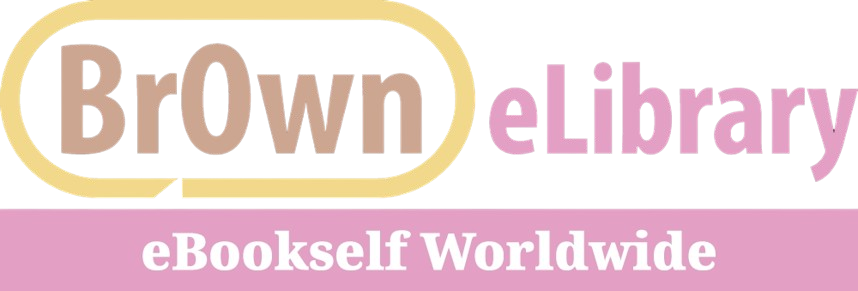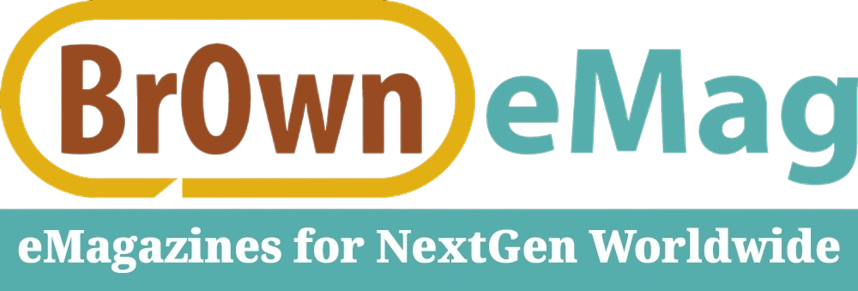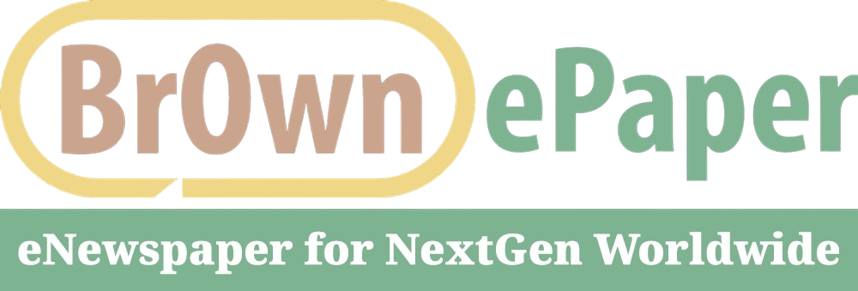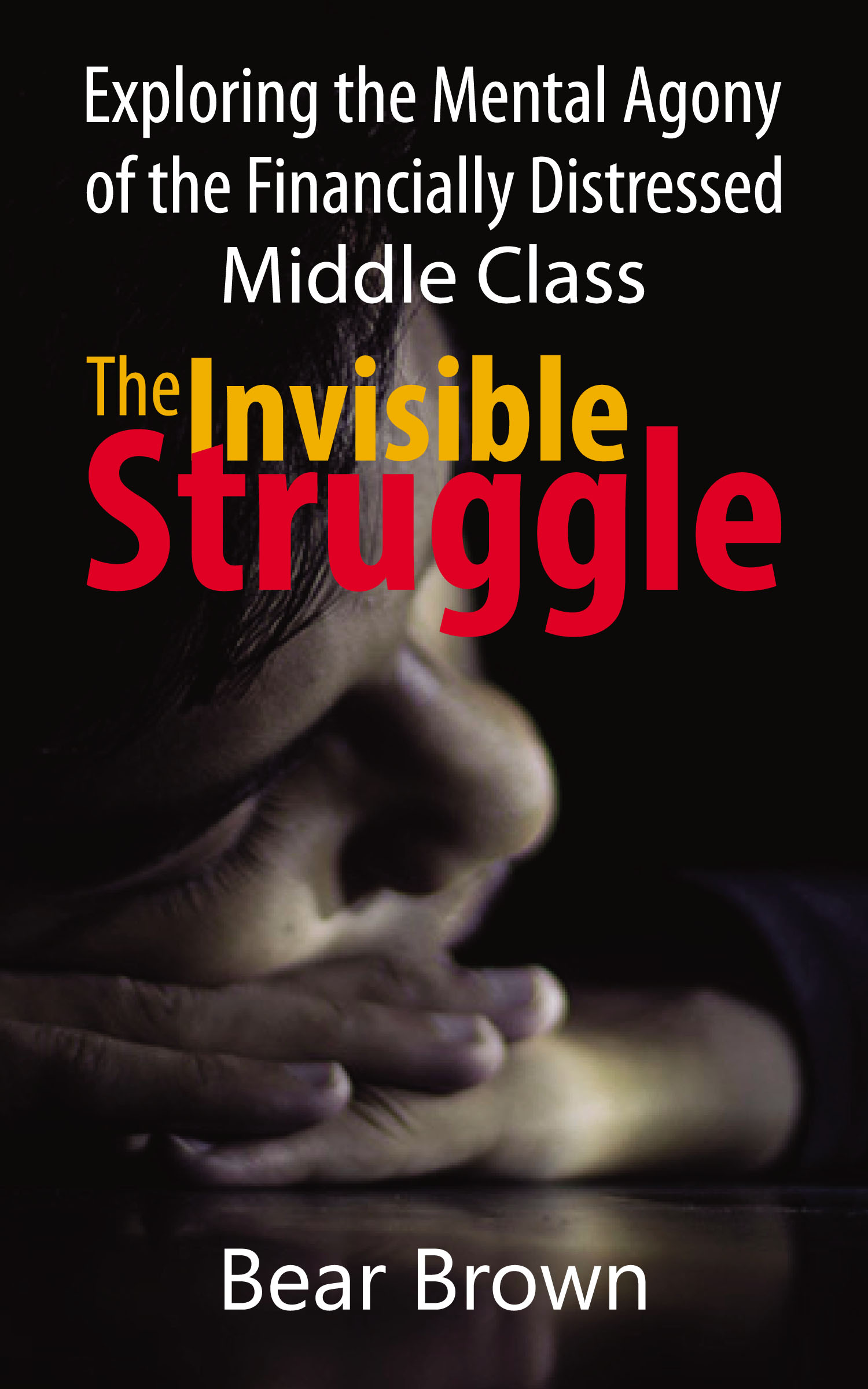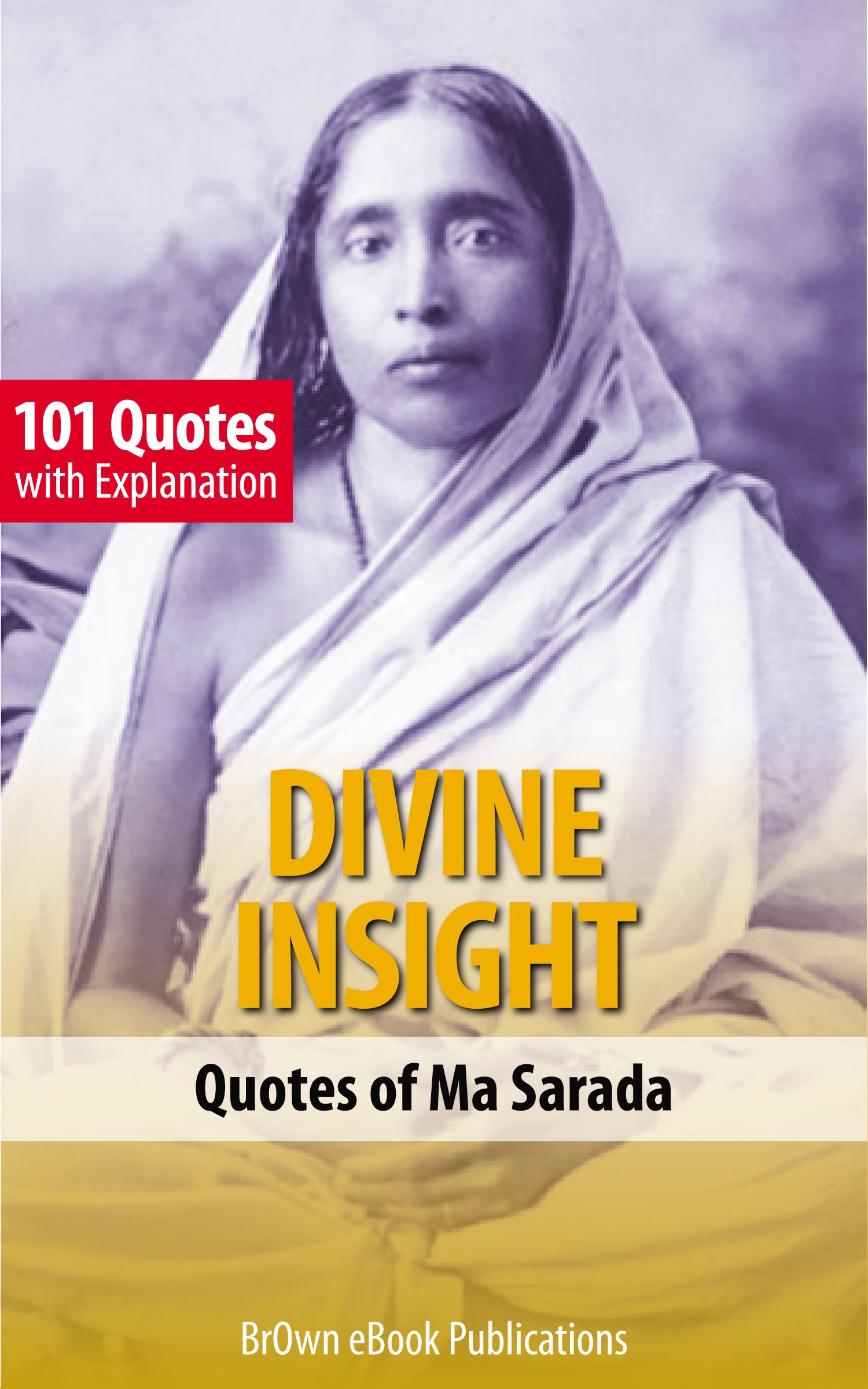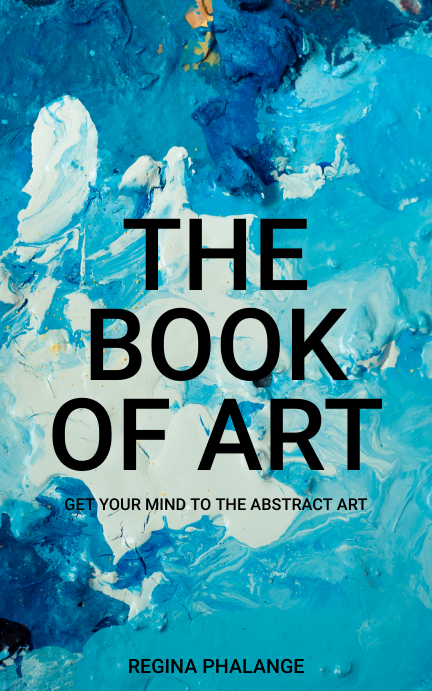
Long before the Kindle, tablets, or even personal computers, the first eBook was created in 1971 by Michael S. Hart, the founder of Project Gutenberg. At the time, Hart was given access to a Xerox Sigma V mainframe computer at the University of Illinois. Instead of using it for complex calculations, he had a visionary idea: to digitize books and make them freely available.
His first digital document? The U.S. Declaration of Independence. Hart manually typed the entire text into the system and attempted to share it with other users via ARPANET, an early version of the internet. Though mass distribution was not yet possible, this effort planted the seed for what would later become the eBook revolution.
Storage technology in the 1970s was so limited that an entire room-sized computer couldn’t hold more than a few books. Yet, Hart believed that digital books could one day be universally accessible, breaking down barriers of cost, availability, and physical limitations. His project expanded, and Project Gutenberg now offers over 60,000 free eBooks, making it one of the most influential open-access digital libraries.
Today, eBooks can be stored on cloud servers, instantly downloaded, and read on lightweight devices, making entire libraries portable in the palm of our hands. What started as a small experiment in 1971 has transformed the way we create, distribute, and consume knowledge, proving that one visionary idea can change the world.
Image: Collected




